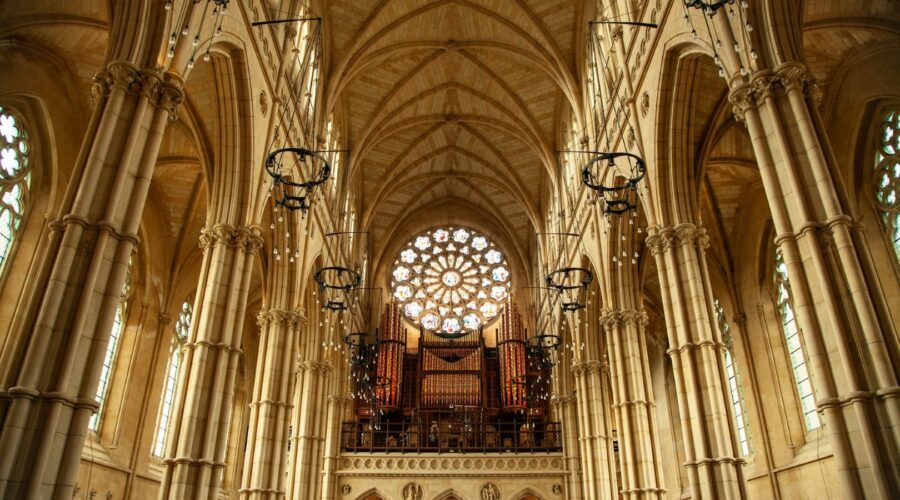Your cart is currently empty!
Unveiling the Early Church Fathers: Pillars of Christian Doctrine and Practice

Introduction
The early church fathers were influential Christian theologians, scholars, and bishops who lived during the first five centuries after Christ. They played a pivotal role in shaping the beliefs, practices, and organization of the early Church. This blog post will delve into the lives, writings, and contributions of the early church fathers, providing insights into their significance in the development of Christianity.
Key Figures of the Early Church
Clement of Rome
Clement, the third bishop of Rome, wrote an influential epistle to the church in Corinth around 96 AD. His letter addressed issues of unity, morality, and the role of leadership in the Church.
Ignatius of Antioch
Ignatius, the bishop of Antioch, wrote a series of letters while being transported to Rome for his martyrdom. His writings emphasized the importance of unity with the bishop and the sacrificial nature of Christian living.
Polycarp of Smyrna
Polycarp, the bishop of Smyrna, was a disciple of John the Apostle. His writings preserved important traditions about early Christianity and emphasized the importance of apostolic succession.
Justin Martyr
Justin Martyr, a philosopher and apologist, wrote extensively in defense of the Christian faith. His writings provided a bridge between Greek philosophy and Christian theology.
Irenaeus of Lyons
Irenaeus, the bishop of Lyons, wrote a major work called “Against Heresies.” His writings combatted various Gnostic teachings and defended the apostolic faith.
Contributions to Christian Doctrine
Theology of the Trinity
The early church fathers played a significant role in developing the doctrine of the Trinity, the belief in one God in three persons: the Father, the Son, and the Holy Spirit. Their writings affirmed the deity of Christ and the distinct roles of each person in the Godhead.
Christology
The church fathers developed various understandings of the nature of Christ, referred to as Christology. They debated issues such as the relationship between Jesus’ humanity and divinity, his role as Savior and Messiah, and the virgin birth.
Sacraments and Worship
The early church fathers recognized the importance of sacraments, such as baptism and the Eucharist, as channels of God’s grace. They also shaped the practices of Christian worship, including prayer, liturgy, and the use of Scripture.
Organizational Structure and Leadership
The early church fathers established a hierarchical structure of leadership within the Church. They recognized the role of bishops as successors to the apostles and as overseers of local congregations.
Episcopacy
The concept of episcopacy, the leadership of the Church by bishops, emerged during this period. Bishops were responsible for ordaining clergy, administering sacraments, and maintaining unity within their dioceses.
Synods and Councils
To address doctrinal and disciplinary issues, the early church fathers organized synods and councils. These gatherings brought together bishops from different regions to make decisions on matters of faith and practice.
Influence on Christian Thought and Practice
Preservation of Apostolic Tradition
The early church fathers played a crucial role in preserving and transmitting the teachings of the apostles and the early Christian communities. Their writings and traditions became foundational for later Christian theology and practice.
Development of Creeds and Dogma
The writings of the church fathers contributed to the development of early Christian creeds and dogmas, such as the Nicene Creed and the Athanasian Creed. These statements of faith defined the core beliefs of the Church.
Apologetics and Evangelism
Many early church fathers were apologists who defended the Christian faith against accusations of heresy and paganism. Their writings helped to spread Christianity beyond its initial boundaries and to engage with the intellectual challenges of the time.
Conclusion
The early church fathers were pivotal figures in the development of Christianity. Their writings, teachings, and leadership shaped the beliefs, practices, and organization of the early Church. Their contributions laid the foundation for Christian doctrine, preserved apostolic tradition, and influenced Christian thought and practice for centuries to come.